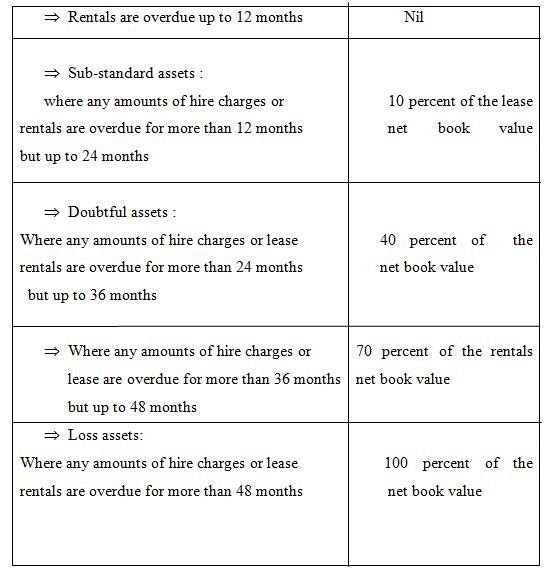RBI states: “The emerging scenario in the Indian banking system points to the likelihood of the provision of multifarious financial services under one roof. This will present opportunities to banks to explore territories in the field of credit/debit cards, mortgage financing, infrastructure lending, asset securitisation, leasing and factoring. At the same time it will throw challenges in the form of increased competition and place strain on the profit margins of banks”
The evolving scenario in the Indian banking system points to the emergence of universal banking. The traditional working capital financing is no longer the banks major lending area while FIs are no longer dominant in term lending.… Read the rest
